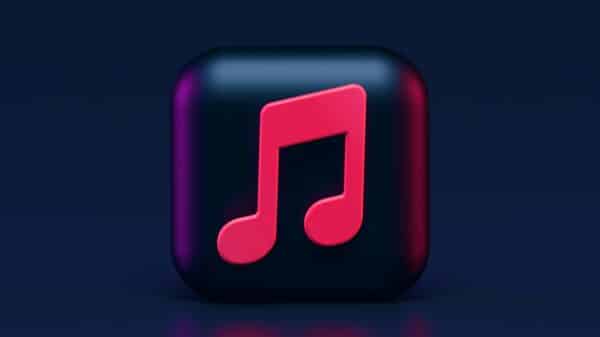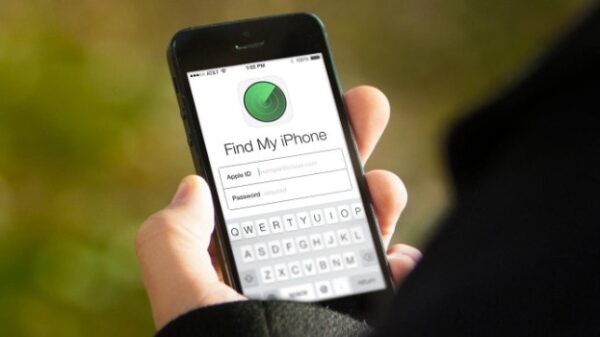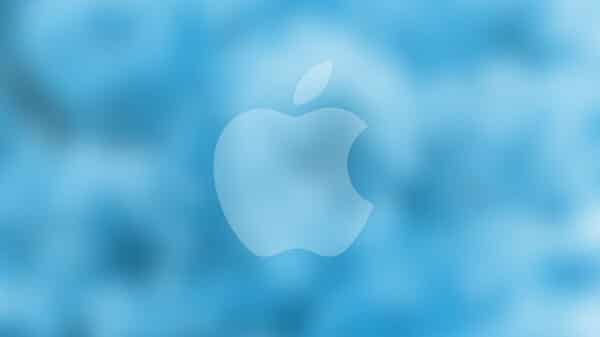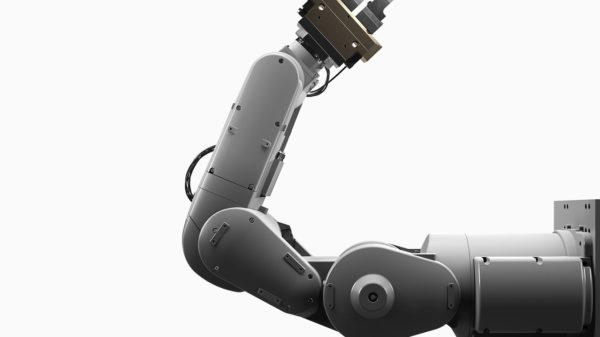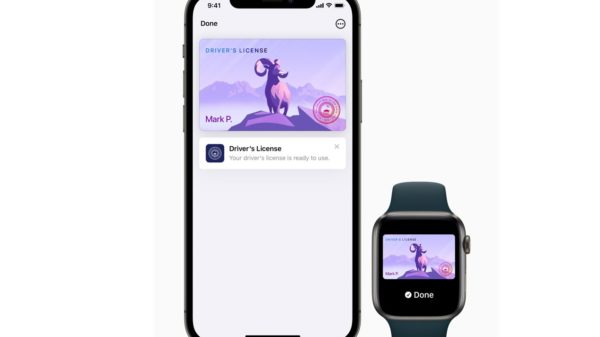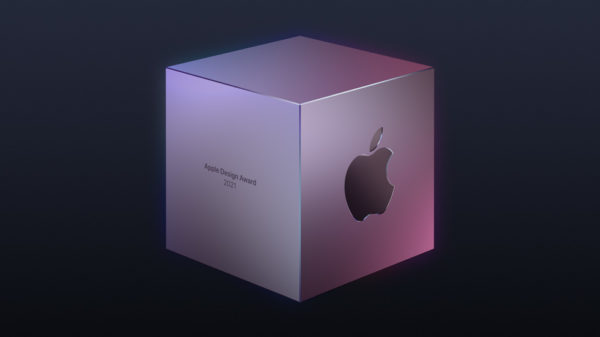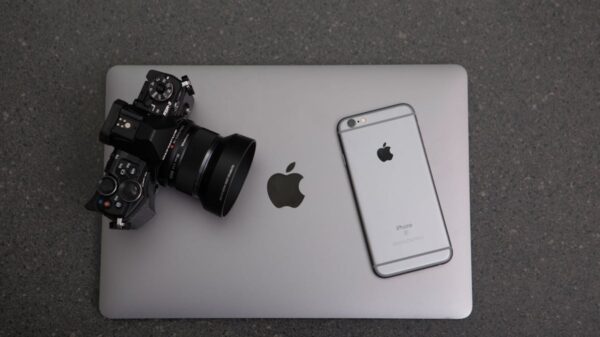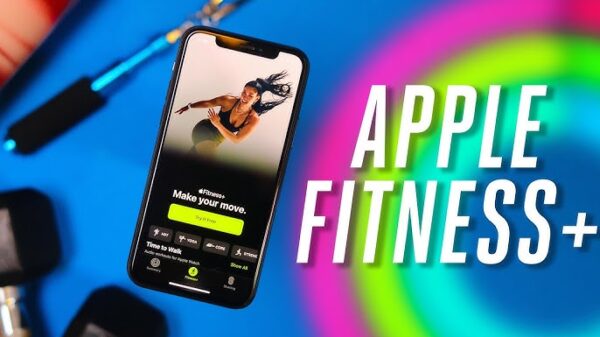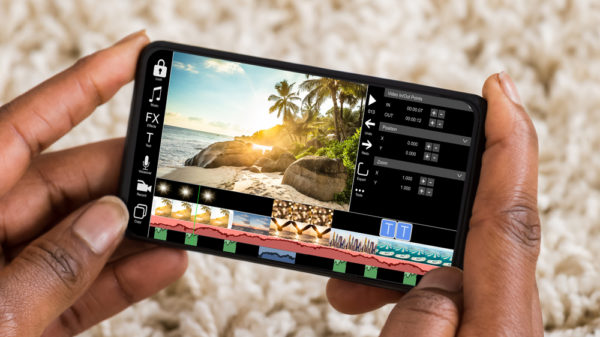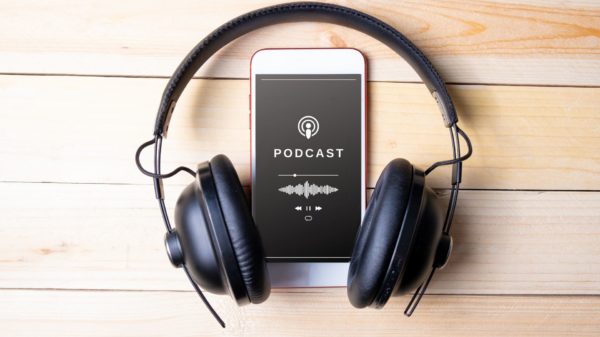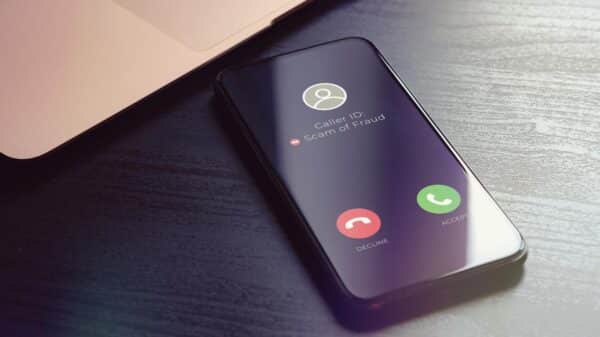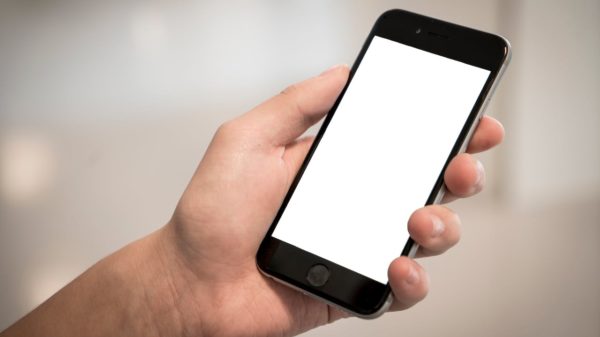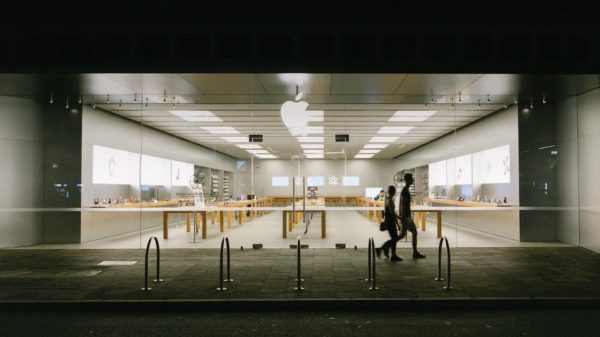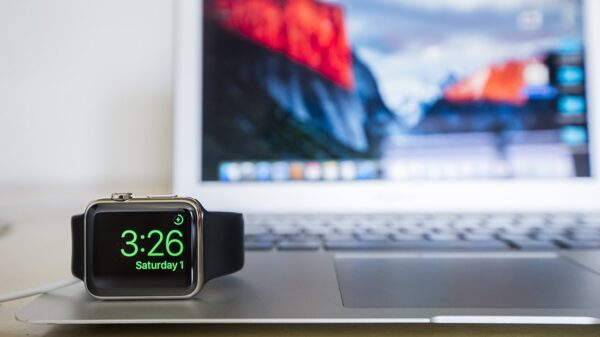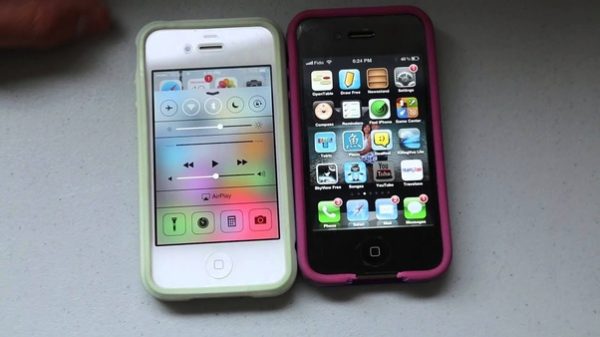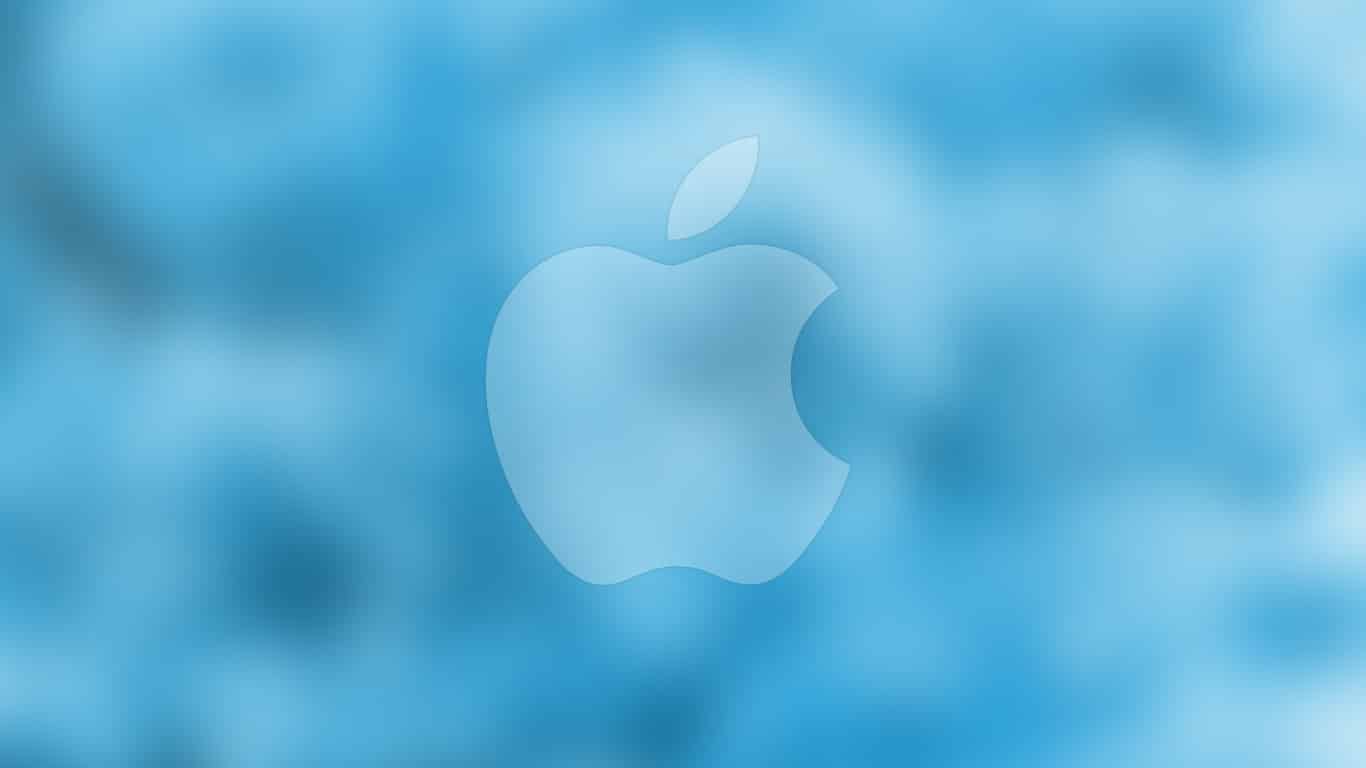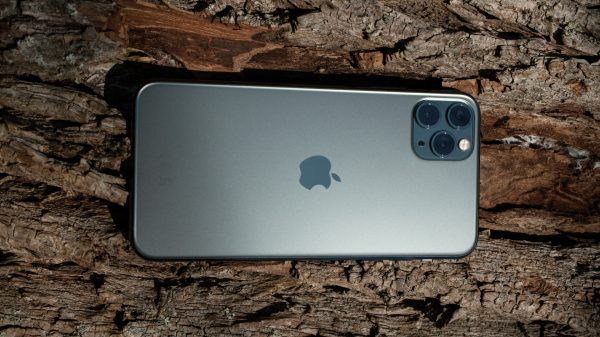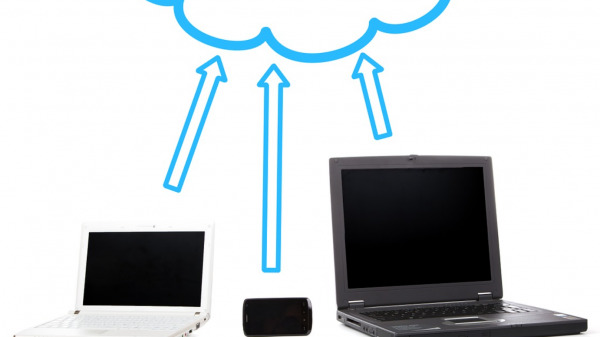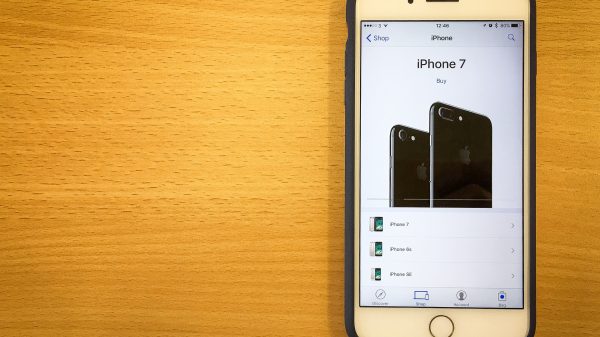Apple’s iOS 18 is the latest iteration of its mobile operating system, bringing a host of new features, enhanced security, and improved performance. As with every major iOS update, not all devices are compatible with iOS 18. This guide provides a comprehensive list of iOS 18 supported devices, along with a brief description of each.
Whether you’re an iPhone enthusiast or a casual user, this guide will help you determine if your device is eligible for the iOS 18 update and what makes each device unique. With iOS 18, Apple continues to push the boundaries of innovation. It offers features like advanced AI integration, customizable home screens, and improved privacy controls.
This update is designed to work seamlessly with newer hardware, ensuring optimal performance and user experience. Let’s dive into the list of supported devices and explore what makes each one special.
iPhone 15 Series
The iPhone 15 series represents the pinnacle of Apple’s smartphone technology. These devices are powered by the A17 Pro chip, which delivers unparalleled performance and efficiency. The iPhone 15 and iPhone 15 Plus feature a stunning Super Retina XDR display, while the iPhone 15 Pro and iPhone 15 Pro Max take it a step further with ProMotion technology for smoother scrolling and gaming.
The Dynamic Island, introduced in the iPhone 14 Pro series, is now a standard feature across the iPhone 15 lineup. It is providing a seamless way to interact with notifications and live activities. The camera systems have also been upgraded, with the Pro models boasting a 48MP main sensor and advanced computational photography capabilities.
With iOS 18, these devices will benefit from enhanced AI features, improved battery management, and deeper integration with other Apple products like the Apple Watch and AirPods.
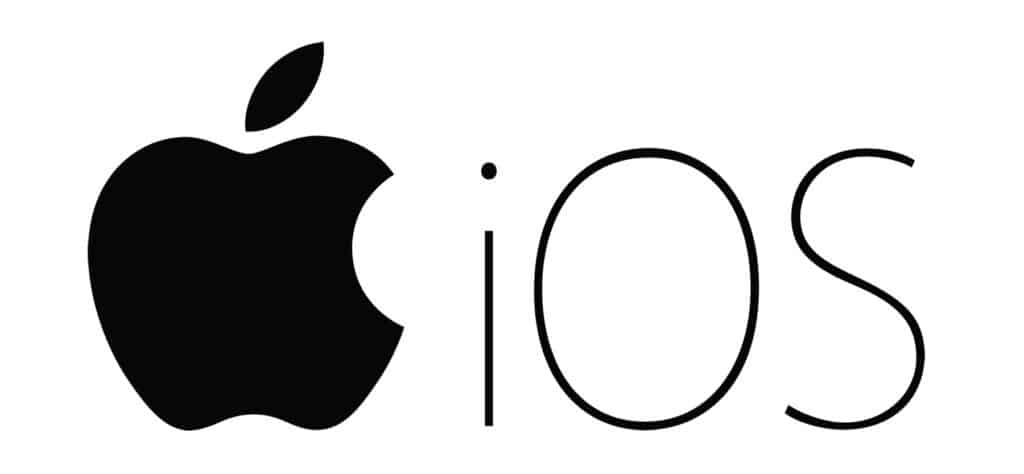
iPhone 14 Series
The iPhone 14 series, released in 2022, remains a powerhouse in Apple’s lineup. These devices are equipped with the A16 Bionic chip, which ensures smooth performance and energy efficiency. The iPhone 14 and iPhone 14 Plus feature a durable Ceramic Shield front cover. They also have an aerospace-grade aluminum design, making them both stylish and resilient.
The iPhone 14 Pro and iPhone 14 Pro Max introduced the Dynamic Island, a versatile interface that replaces the traditional notch, offering a more interactive way to manage notifications and apps. The Pro models also feature an always-on display, allowing users to glance at important information without waking the device. With iOS 18, the iPhone 14 series will gain access to new customization options, enhanced privacy features, and improved camera functionalities. All that will make it a great choice for users who want a premium experience without upgrading to the latest model.
iPhone 13 Series
The iPhone 13 series, known for its impressive battery life and performance, continues to be a popular choice among Apple users. Powered by the A15 Bionic chip, these devices deliver fast and efficient performance, even with demanding apps and games.
The iPhone 13 and iPhone 13 Mini feature a sleek design with a Super Retina XDR display. On the other hand, the iPhone 13 Pro and iPhone 13 Pro Max offer ProMotion technology for a smoother visual experience. The camera systems on these devices are highly capable, with the Pro models featuring a triple-lens setup and advanced computational photography features like Night mode and Deep Fusion.
With iOS 18, the iPhone 13 series will benefit from new AI-driven features, improved Siri capabilities, and enhanced security measures. Those upgrades will ensure that these devices remain relevant and powerful for years to come.
iPhone 12 Series
The iPhone 12 series marked a significant design shift for Apple, reintroducing the flat-edge design reminiscent of the iPhone 5. These devices are powered by the A14 Bionic chip, which delivers excellent performance and energy efficiency. The iPhone 12 and iPhone 12 Mini feature a Super Retina XDR display, while the iPhone 12 Pro and iPhone 12 Pro Max offer additional camera capabilities, including a LiDAR scanner for improved AR experiences.
The MagSafe feature, introduced with this series, allows for easy attachment of accessories like chargers and cases. With iOS 18, the iPhone 12 series will gain access to new features like enhanced widgets, improved multitasking, and better integration with Apple’s ecosystem. These devices may not be the newest, but they still offer a premium experience. Also, they are well-suited for the latest software updates.
iPhone 11 Series
The iPhone 11 series, released in 2019, remains a solid choice for users who want a reliable and capable device. Powered by the A13 Bionic chip, these devices offer excellent performance and efficiency. The iPhone 11 features a dual-camera system with wide and ultra-wide lenses. The iPhone 11 Pro and iPhone 11 Pro Max include a triple-camera setup with additional telephoto capabilities.
The Super Retina XDR display on the Pro models provides stunning visuals, making it ideal for media consumption and gaming. With iOS 18, the iPhone 11 series will receive new features like improved photo editing tools and better performance optimization. While these devices may not have the latest hardware, they are still more than capable of handling the demands of modern smartphone usage.
iPhone XS Series
The iPhone XS series, released in 2018, introduced the Super Retina OLED display to Apple’s lineup.That display is famous for offering vibrant colors and deep blacks. Powered by the A12 Bionic chip, these devices deliver solid performance and efficiency. The iPhone XS and iPhone XS Max feature a dual-camera system with advanced computational photography capabilities, making them great for capturing high-quality photos and videos. The stainless steel design and glass back give these devices a premium feel. While the IP68 rating ensures durability against water and dust.
With iOS 18, the iPhone XS series will gain access to new features. Some of them are enhanced Siri functionality, improved app performance, and better battery management. While these devices are older, they still offer a great user experience and are a good option for those looking for a more affordable iPhone.
iPhone XR
The iPhone XR, released alongside the iPhone XS series, was designed as a more affordable option without compromising on performance. Powered by the A12 Bionic chip, this device offers excellent performance and efficiency. The Liquid Retina HD display provides vibrant colors and sharp visuals, making it great for everyday use.
The single-camera system is highly capable, with features like Portrait mode and Smart HDR. The iPhone XR also features a durable design with an aluminum frame and glass back. They are also having an IP67 rating for water and dust resistance.
With iOS 18, the iPhone XR will receive new features like improved photo editing tools, enhanced privacy controls, and better performance optimization. While it may not have the latest hardware, the iPhone XR remains a reliable and capable device that is well-suited for the latest software updates.
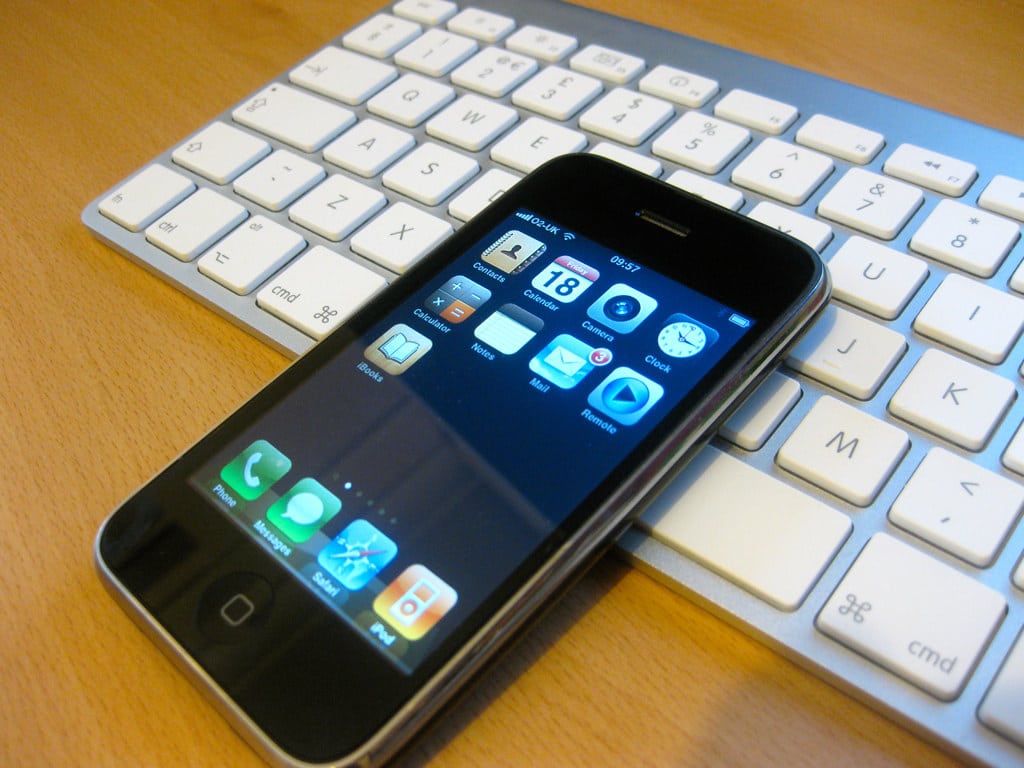
iPhone SE (2nd and 3rd Generation)
The iPhone SE series is designed for users who prefer a compact and affordable device without sacrificing performance. The 2nd generation iPhone SE, released in 2020, is powered by the A13 Bionic chip. On the other hand, the 3rd generation, released in 2022, features the A15 Bionic chip. Both devices offer excellent performance and efficiency, making them great for everyday tasks and gaming.
The 4.7-inch Retina HD display is compact and easy to use with one hand. The Touch ID home button provides a familiar and secure way to unlock the device. The single-camera system is highly capable, with features like Portrait mode and Smart HDR.
With iOS 18, the iPhone SE series will gain access to new features like enhanced Siri functionality, improved app performance, and better battery management. These devices are a great option for users who want a powerful and affordable iPhone.
Devices No Longer Supported
iOS 18 drops support for older devices like the iPhone 8, iPhone 8 Plus, and iPhone X. All of them were powered by the A11 Bionic chip. These devices, released in 2017, have reached the end of their software update lifecycle. While they were groundbreaking at the time, their limitations make it difficult to support the latest features and security updates.
If you own one of these devices, it’s time to consider upgrading to a newer model to enjoy the latest features and security updates. Apple’s ecosystem continues to evolve, and newer devices offer significant improvements in performance, camera capabilities, and battery life. Upgrading to a supported device will ensure that you can take full advantage of iOS 18’s advanced features and maintain a secure and up-to-date smartphone experience.
Tips for Upgrading to a New Device
If your current device is no longer supported by iOS 18, upgrading to a newer model is a great way to stay up-to-date with the latest technology. Consider factors like budget, preferred screen size, and desired features when choosing a new iPhone.
The iPhone SE series is an excellent option for those looking for an affordable and compact device. But the iPhone 15 series offers the latest advancements in technology. Apple’s trade-in program can also help you save money on a new device by trading in your old one.
Additionally, keep an eye out for seasonal sales and promotions, which can make upgrading more affordable. By choosing a supported device, you’ll ensure that you can enjoy all the benefits of iOS 18 for years to come.
Conclusion
iOS 18 is a significant update that brings new capabilities and improvements to compatible devices. If you own any of the supported iPhones listed above, you’re in for an exciting experience with enhanced performance, security, and features. For those with older devices no longer supported, upgrading to a newer iPhone will ensure you stay up-to-date with the latest advancements in Apple’s ecosystem.
Whether you’re using the latest iPhone 15 or the reliable iPhone XR, iOS 18 promises to elevate your mobile experience. Make sure to check your device’s compatibility and prepare for the update to enjoy all that iOS 18 has to offer.



